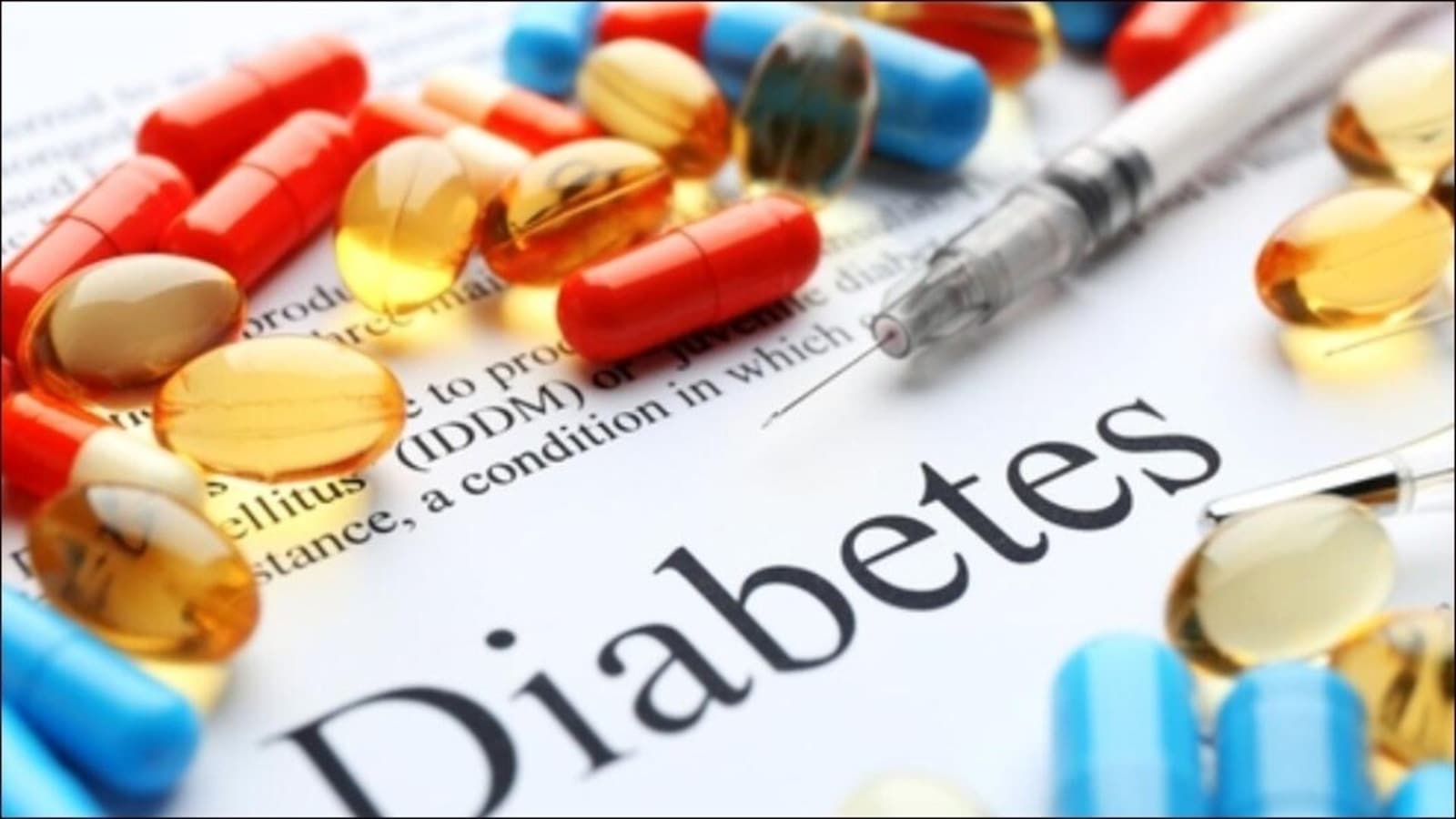Persistent Sadness
- Loss of Interest: A decreased interest in activities that were once enjoyable.
- Feelings of Hopelessness: A pervasive sense of hopelessness or pessimism.
- Irritability: Increased irritability or frustration.
- Guilt: Feelings of guilt or worthlessness.
Changes in Behavior
- Social Withdrawal: Avoiding social interactions and preferring to be alone.
- Changes in Appetite: Significant changes in eating habits, such as overeating or loss of appetite.
- Sleep Disturbances: Difficulty falling asleep, staying asleep, or waking up too early.
- Fatigue: Persistent feelings of fatigue or low energy.
- Indecisiveness: Difficulty making decisions or concentrating.
Physical Symptoms
- Aches and Pains: Physical aches and pains that don’t seem to have a medical explanation.
- Digestive Problems: Constipation or diarrhea.
- Headaches or Migraines: Frequent headaches or migraines.
- Changes in Sex Drive: Decreased interest in sex.
Thoughts of Self-Harm
- Suicidal Thoughts: Thoughts of suicide or self-harm are a serious concern and require immediate attention.
Seeking Help
If you or someone you know is experiencing symptoms of depression, it’s important to seek professional help. A mental health professional can provide a diagnosis and recommend appropriate treatment.
Treatment Options
- Therapy: Psychotherapy, such as cognitive-behavioral therapy (CBT) or interpersonal therapy (IPT), can help individuals develop coping skills and address negative thought patterns.
- Medication: Antidepressant medications can be effective in treating depression, especially when combined with therapy.
- Lifestyle Changes: Making healthy lifestyle choices, such as regular exercise, a balanced diet, and adequate sleep, can also help manage depression.
It’s important to remember that depression is a treatable condition. With the right support and treatment, individuals can recover and live fulfilling lives.



